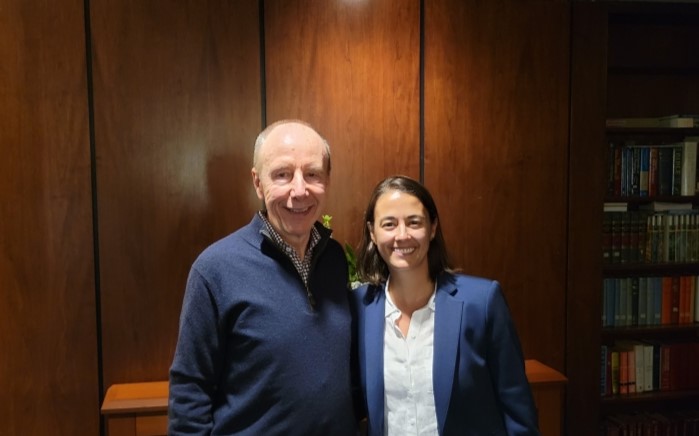On Wednesday, March 13, 2024, we hosted Raquel Harrison, MD, a local Lifestyle Medicine and emergency physician, for an in-person Pathway Session on managing cortisol for health and recovery. Lifestyle Medicine is a relatively new medical specialty based on the vital role that lifestyle choices play in preventing and reversing chronic diseases. Thee are six pillars of lifestyle medicine: plant-forward nutrition, physical activity, stress management, avoiding risky substances, restorative sleep and social connection.
During the session, Dr. Harrison emphasized the importance of managing the daily cortisol cycle, where cortisol spikes first thing in the morning, and then reaches is nadir in the evening enabling melatonin to increase which promotes sleep. Anything that throws off the cycle–whether it’s poor sleep habits, a low-fiber diet, or substance use–can enable chronic diseases to thrive.
Dr. Harrison discussed diet, and the fact that irregularly high cortisol means sustained levels of blood sugar. This, in turn, could cause Type 2 diabetes. She went on to emphasize that cortisol manages many important systems of the body, including inflammation, blood pressure, and the body’s stress response.
Raquel mentioned a Duke study focusing on gratitude. Subjects were asked to write down 3 three things that went well at the end of each day for 14 consecutive days. At the end of that period, the subjects’ happiness had improved more effectively than Prozac. This is enlightening, because it means that neuroplasticity can be positively impacted with expressing gratitude, or other self-care and social connection practices. To learn more about the Duke Study, CLICK HERE and to install a phone app for writing down 3 Good Things daily, CLICK HERE.
Our speaker gave us another specific tip: eat more fiber. The average American ingests about 10% fiber in his/her diet, while the government recommendation is 25% and Lifestyle Medicine physicians suggest 40%. I know I could use more fiber, and found an interesting, free website here: CLICK.
Finally, Raquel reminded us about the benefits of social connections, which can mean a lot of different things but definitely includes peer support like NCPSG! She cited the Harvard study (CLICK HERE). The #1 insight from the Harvard study is that close relationships and social connections are crucial for our well-being as we age.
I am grateful for Raquel sharing her insights with us. To learn more about what Raquel does, go to her website (CLICK HERE) or look out for her upcoming presentations at the New Canaan Library. And to view a presentation she did at New Canaan High School, (GO HERE).

